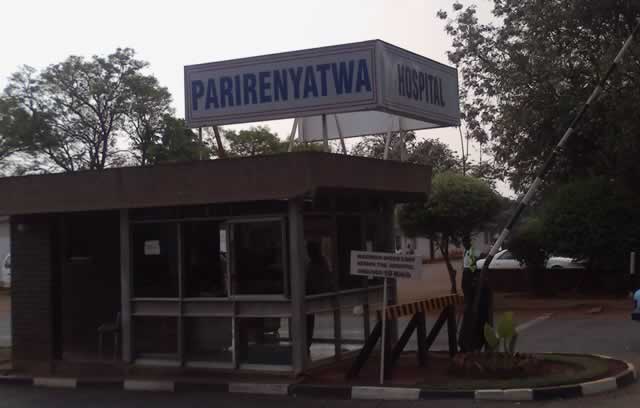Editorial Comment: Resumption of heart surgery progressive

THE resumption of heart surgery at Parirenyatwa Group of Hospitals is good news for the majority of people who cannot afford the high costs of getting medical services outside the country.
Only a few people have been able to come up with the over $30 000 needed for one to access theatre services in South Africa or India.
Some patients have had to resort to seeking donations from individuals and organisations. Sadly, when the patient does not make it after travelling out of the country for the procedures, the family is left with a huge bill for repatriating the body, thus adding to their financial and emotional trauma.
A cardiologist has said that locally the procedures are expected to cost between $4 000 and $6 000.
While this is still high for many Zimbabweans, with local institutions there are chances of discussing terms. The country as a whole stands to benefit as we retain the thousands of dollars that are being exported in payments for medical services outside.
South Africa has established itself as a world class heart surgery country and there is no reason for Zimbabwe to lag behind, bearing in mind that the country was carrying out this same procedure as far back as from 1995 to 2003.
The health sector has demonstrated that with solution-based thinking, there is nothing impossible.
Last year, they set another milestone with the successful separation of Siamese twins at Harare Central Hospital. In addition, Chitungwiza Central Hospital is set to start kidney transplants. Public hospitals have continued to offer critical services under the most trying circumstances.
Seven patients with different heart problems have so far been operated on at Parirenyatwa Hospital following the official resumption of open heart surgery in Zimbabwe last Thursday. The reports so far show that all the patients are stable after the critical 24 hour period following surgery. This gives hope that from here forward it is a case of consolidating the unit’s operations.
The alleged shortage of medicines should be viewed as no more than a glitch caused by teething problems. We hope that the ministry will swiftly address the shortage to enable them to meet the targeted 150 operations for the year.
With the movement of world development focus from millennium development goals (MDGs) to sustainable development goals (SDGs), we are confident that the local public health sector will continue to grow.
In the review of MDGs one point of note is that they tended to focus on specific areas instead of a more holistic approach.
This was especially pronounced in the health sector as funding was directed towards externally set goals and predetermined points such as immunisation, maternal health, malaria, tuberculosis and HIV.
With a holistic approach resources will be more efficiently distributed to cater for all the needs of the population.
That way the country can deal with the increase in non-pandemic diseases, the class to which heart problems are classified in addition to grappling with the HIV pandemic which is far from being over.
Along with the rest of the country, we hope the health services constituency will join the bandwagon against corruption.
Currently two of the country’s major hospitals are embroiled in scandals.
The Premier Service Medical Aid Society saga continues among other issues.
If all resources are directed towards service delivery and the procurement of drugs and equipment, there is no reason why Zimbabwe should not have medical facilities that are adequate to meet the needs of the citizens.









Comments